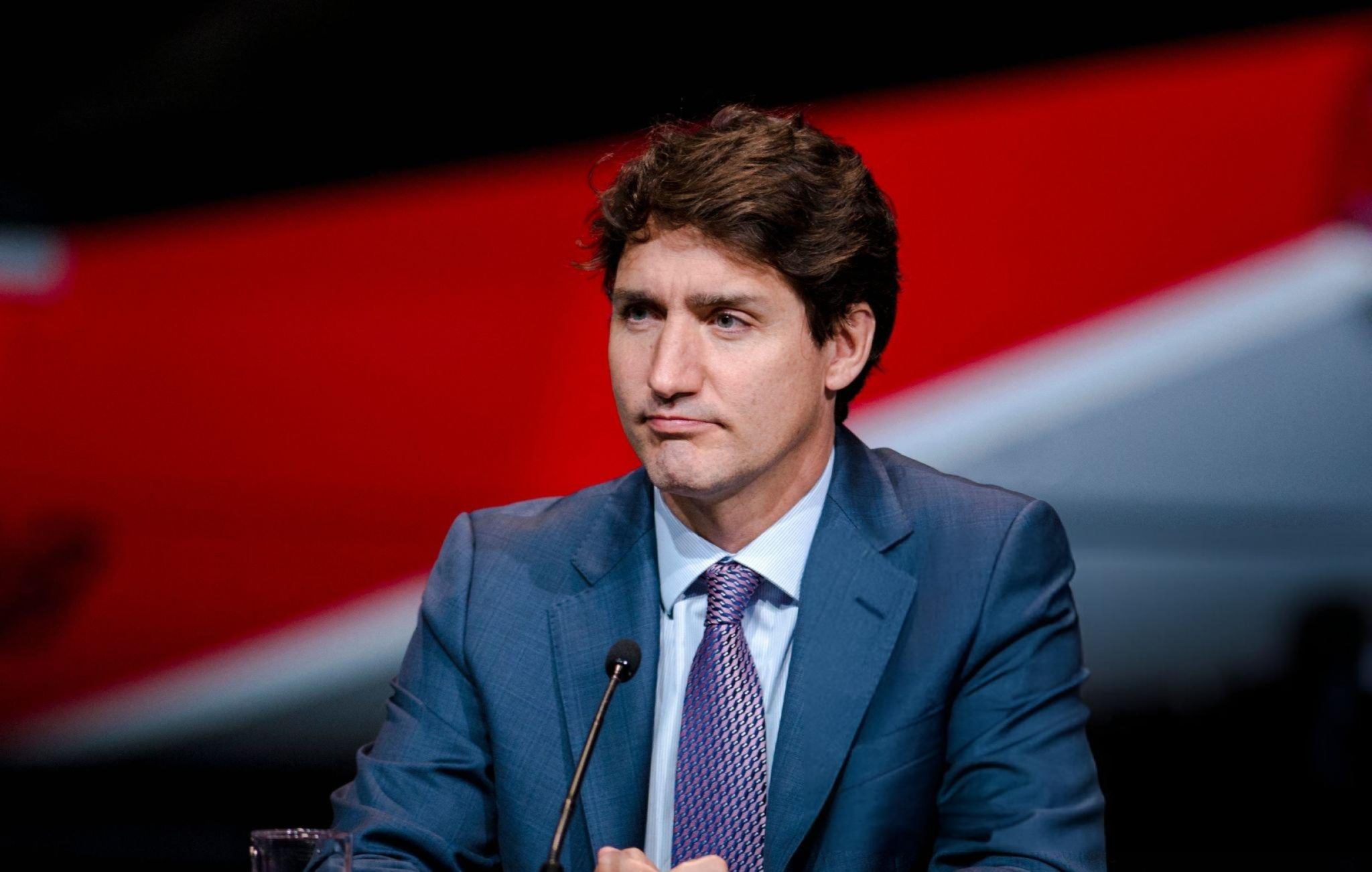Prime Minister Justin Trudeau has appointed Dominic LeBlanc as Canada’s new finance minister, replacing Chrystia Freeland, who resigned under controversial circumstances, sparking confusion and chaos within the Canadian government.
LeBlanc, who was sworn in during a late afternoon ceremony in Ottawa, brings significant experience to the role. A close ally of Trudeau, LeBlanc has held various key cabinet positions since the prime minister came to power in 2015. Most recently, he served as the public safety minister, overseeing Canada’s response to heightened border security threats after former US President Donald Trump imposed trade tariffs on Canada and Mexico last month.
As Canada’s new finance minister, LeBlanc pledged to address the rising cost of living for Canadians, a major concern for many citizens. “We understand that cost of living for a huge, huge number of Canadians is a very significant issue,” LeBlanc told reporters. “That will obviously be a huge focus in my work as the minister of finance.”
He also acknowledged the looming challenges posed by the incoming American administration, particularly with regard to the potential imposition of further tariffs. “We need to also be extremely focused on the challenges that the incoming American administration will pose with respect to the potential imposition of tariffs,” LeBlanc said, indicating his government’s approach to mitigating any adverse economic impacts.
LeBlanc’s appointment came after Freeland’s sudden resignation earlier in the day, which sent shockwaves through Ottawa. Freeland’s resignation letter, posted on social media, cited fundamental disagreements with Trudeau over fiscal policy and how to respond to Trump’s policies. The former finance minister, who had served in key cabinet roles since 2020, expressed concerns about the government’s ability to effectively handle the economic challenges posed by the ongoing trade disputes with the US.
Freeland’s resignation letter read, “Our country today faces a grave challenge. We need to take that threat extremely seriously. That means keeping our fiscal powder dry today, so we have the reserves we may need for a coming tariff war. That means eschewing costly political gimmicks, which we can ill afford and which make Canadians doubt that we recognize the gravity of the moment.”
Freeland’s reference to “political gimmicks” appeared to be aimed at Trudeau’s recent announcements, including a two-month sales-tax holiday on certain items and a proposal to send C$250 checks to millions of Canadians. These measures, meant to alleviate some of the economic pressure on households, have been criticised for lacking political support and for diverting attention from more pressing fiscal matters.
LeBlanc’s appointment comes at a time when Canada’s financial situation is deteriorating. Documents released by the finance department revealed a sharp increase in the federal budget deficit, which ballooned by over 50% to C$62 billion for the fiscal year ending in March. The deficit for the current fiscal year is now projected to rise to C$48.3 billion, approximately 20% higher than earlier projections.
In the wake of Freeland’s resignation, political opponents, as well as some members of Trudeau’s own party, called for the prime minister to step down. Jagmeet Singh, leader of the New Democratic Party (NDP), which has supported the government’s legislative agenda, said that Trudeau should resign. Conservative Leader Pierre Poilievre, who is widely considered the frontrunner in the next federal election, echoed calls for the dissolution of Parliament and a national vote.
“It’s chaos right now up in Ottawa,” Ontario Premier Doug Ford commented, reflecting the broader political turmoil gripping the country.
Adding to the pressure, Freeland’s resignation has intensified debate over Trudeau’s leadership and his commitment to fiscal prudence. Critics have noted that her resignation could have significant implications for the upcoming election, with many speculating that the Liberals’ electoral prospects may be further weakened by this political instability.
At the same time, Alberta Premier Danielle Smith, a vocal critic of Trudeau, remarked on the prime minister’s support for women in politics. Freeland’s resignation, she suggested, is a missed opportunity for Trudeau to demonstrate his commitment to women leaders. “Alberta has had three female premiers, and there hasn’t ever been a female leader of the federal Liberal Party,” Smith said, adding that this situation highlights a disconnect between Trudeau’s public persona and his political reality.
With LeBlanc now in place as finance minister, speculation regarding Mark Carney, the former governor of the Bank of Canada and the Bank of England, potentially joining the government has cooled. Carney, currently involved in several business and philanthropic roles, had been seen as a possible contender for the finance ministry position, but LeBlanc’s appointment has quelled such rumours.
As the Canadian government grapples with these tumultuous developments, the country’s economic future remains uncertain, and the fallout from Freeland’s resignation continues to unfold.







